
During the month of July, individuals in 4 states were found to have Shiga toxin-producing E coli O26 connected to contaminated ground beef consumption.

During the month of July, individuals in 4 states were found to have Shiga toxin-producing E coli O26 connected to contaminated ground beef consumption.

Investigators have discovered a genetic mutation that increases the burden of Aspergillus fumigatus and can lead to complications for patients with asthma.

HIV-specific ex-vivo expanded T cell therapy appears to be safe and well tolerated in people with HIV taking antiretroviral therapy who are virally suppressed.
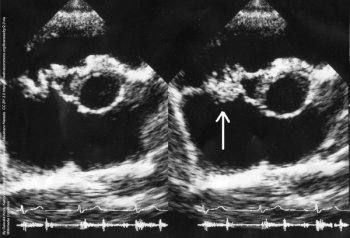
By itself, the POET trial should not fundamentally change the current approach to infective endocarditis treatment.

During a multidrug-resistant Campylobacter outbreak, 142 puppies were identified as receiving 1 or more antibiotic courses before arriving or while at the store.
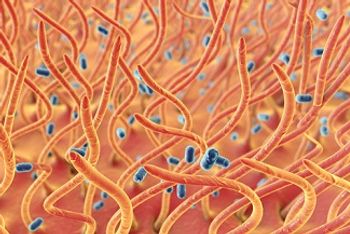
An examination of 17 years of data reveals that children who received the combination acellular vaccine Tdap were vulnerable to pertussis much earlier than expected. Researchers are hopeful that new vaccines will extend protection against the disease.

Patients with diabetes who were treated for acute bacterial skin and skin structure infections (ABSSSIs) with iclaprim had fewer adverse events (AEs) than those who were treated with vancomycin, according to the results of a recent study.

In August 2017, the FDA granted an NDA for a single-use of delamanid for a case of extensively drug-resistant tuberculosis.

Duodenoscopes are at fault for another infectious disease outbreak, and this time it's with a highly-resistant bacteria.

The NIAID is sponsoring a phase 1 clinical trial to assess if a nasal influenza vaccine candidate used in combination with a licensed vaccine can enhance immune responses against influenza in children and teens.

Adding reminders to electronic health records shows promise at improving influenza vaccination rates, according to results of JAMA Open Network study.

If poliovirus is not securely contained, release of the virus can result in reestablishment of endemic or epidemic poliovirus transmission.

The current CDC recommended therapy for the treatment of uncomplicated gonorrhea remains the dual combination therapy of 250 mg ceftriaxone delivered intramuscularly and 1 g of azithromycin taken orally.

The Ministry of Health and Child Care of Zimbabwe has declared a cholera outbreak after over 1,900 suspected cases have been reported.
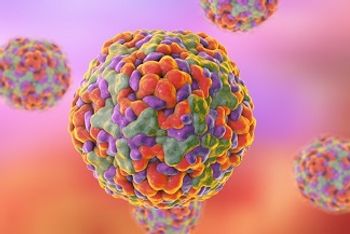
Children’s Hospital Colorado reported an increase of pediatric cases of meningitis and encephalitis in which patients tested positive for enterovirus.

Investigators have developed an innovative method to identify molecules capable of eliminating the Leishmania parasite.

Investigators find that severe hospitalization cases of varicella still occur in vaccinated children, yet not vaccinating against the virus confers the greatest threat.

The program calls for new research and development incentives, veterinary stewardship, and enhanced surveillance.

The possibility of a new antiviral class administered as a single oral dose that is well tolerated will be a welcome addition to the treatment armamentarium for #influenza. However, its use should be limited to carefully selected individuals.

We’ve rounded up a list of important US Food and Drug Administration (FDA) and US Department of Agriculture (USDA) recalls from this past week.
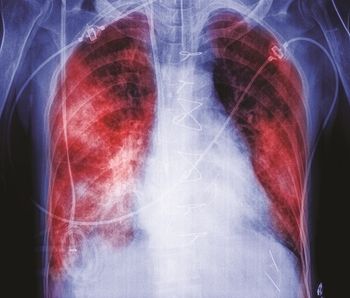
Ceftolozane and tazobactam proves noninferior to meropenem in a pivotal phase 3 trial of adult patients with HABP or VABP.

Stay up-to-date on the latest infectious disease news by checking out our top 5 articles of the week.

A large outbreak of infections caused by the yeast Candida auris remains ongoing in health care facilities in New York City and poses a concerning public health threat.
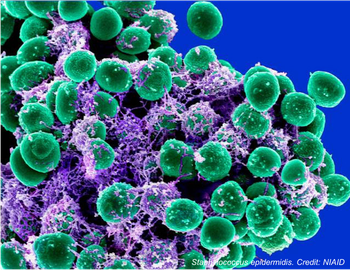
Common skin bacteria have gained resistance to multiple antibiotics.

When it comes to HPV infection in men who have sex with men, the type of virus they contract has real implications for their future cancer risk.

Public Health England recommends individuals at higher risks for influenza receive a newly available adjuvanted trivalent influenza vaccine this winter.

A new study is the first to identify eosinophil counts as a predictor of outcomes in human patients.

The US Preventative Services Task Force recommends early screening for syphilis in pregnant women and a literature review has reinforced the recommendations.

Investigators from the NIH have launched a phase 1 clinical trial to assess if a topical cream administered prior to H5N1 vaccination can enhance immune response.

Local officials tout benefits of needle exchange, testing programs at reducing risk.